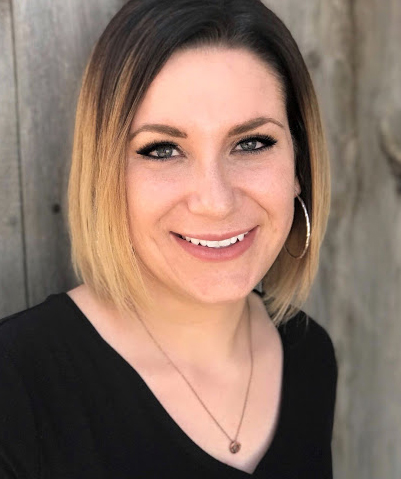Several years ago, I worked for a very busy primary care provider in our small community. Our practitioners were incredible: they cared, they knew their patients by name, they knew their families, and they knew what was going on in their lives.
One time, we received a voicemail from a patient who didn’t leave a name or birthdate. He simply said, “Hi, I need a refill”. He didn’t even say what med he needed refilled! Not knowing who may have left the message, I turned it on speakerphone to see if my assistant had any idea who it might be, and we were both stumped. As we played the message a third time, the patient’s regular provider walked by and said, “Oh, that’s John Smith*. I just got the refill request and refilled it. Let him know it should be at the pharmacy now.”
These providers KNEW their patients, even just by voice.
Many practitioners worry that the close relationships they’ve developed with their patients will be inhibited by telemedicine. They are concerned that a remote visit will feel too impersonal.
On the contrary, when providers use eVisit to connect with their patients, they are able to reinforce connections and cultivate meaningful, personal relationships with their patients. eVisit makes it possible for you to see your patients in a quick and efficient manner.
The only complaint I ever heard from patients was how hard it was to see their doctor. They knew they could go to the ER or urgent care and be seen that day, but not only was that far more expensive, it was far less personal. They would often wait weeks and even months to see a provider they trust, even if they were being seen for something minor. Several times, I asked patients what they were being seen for while taking them into the exam room, and it had been so long since they had scheduled their appointment that they couldn’t even remember!
I guarantee that a patient would rather have the reassurance of seeing his or her own doctor’s face — or even hearing a familiar voice — in an electronic visit today, than to wait weeks or months for an actual face to face appointment.
Think of it this way, if you had an exciting idea you wanted to share with a friend who lived across the country, would you rather wait to talk in person when they come home for the holidays next year, or make a quick phone call? If you tried to make the call but they told you they wouldn’t speak to you could discuss it in person, would that add to or take away from your relationship? Would you feel like you were a priority to them?
If you want to maintain an engaged patient population, then the same is true when patients are asked to wait months to see you. When you can readily address a patient’s issue — when they don’t have to wait a month to be told that it’s okay to switch from the brand name to the generic — they feel like you care. Provider-patient relationships are built on a trust that your interest is in taking care of them. When a patient calls to say they have a problem but you don’t have any in-office openings for several weeks, that relationship is maintained and strengthened when you offer to call them today instead.
The sad reality is that any practice who can’t or won’t see patients quickly, will lose them. I saw that firsthand as we lost some of our most loyal patients. They didn’t leave because they were dissatisfied with their care, and they didn’t leave because they felt their doctor didn’t care about them; they left because they could not access the provider they knew, and trusted.
eVisit solves that problem. No more barriers with timing, scheduling, waiting and driving — just one on one time, in less time. In order to strengthen a relationship with someone, you have to spend time with them, and a strong relationship with your patients is integral to engagement and treatment plan adherence. eVisit gives you the time to devote to them, even when you don’t have the time to see them in person.




